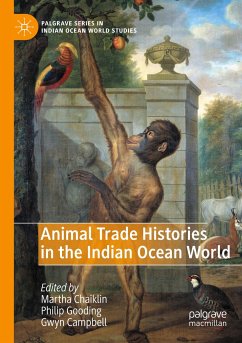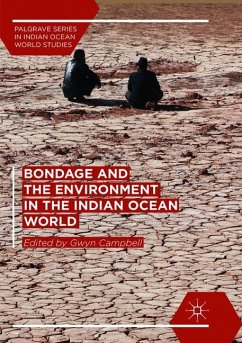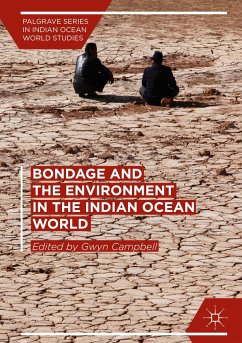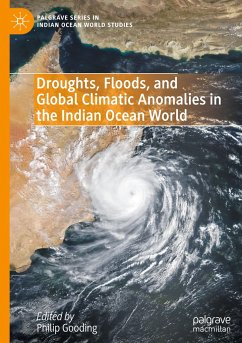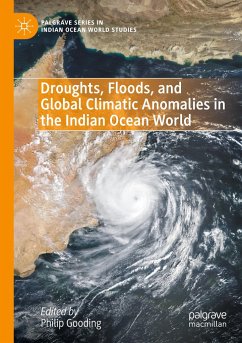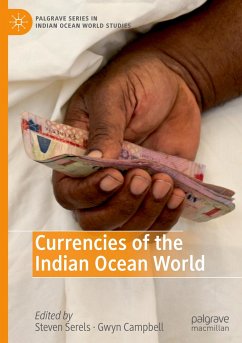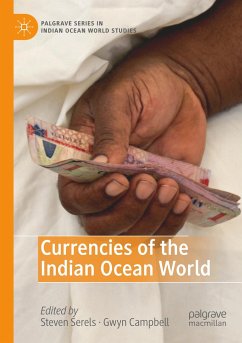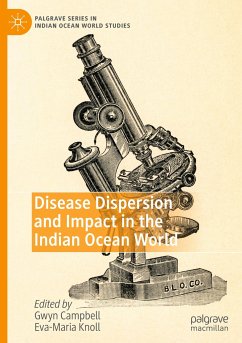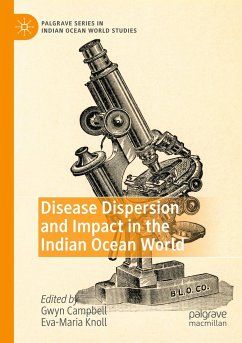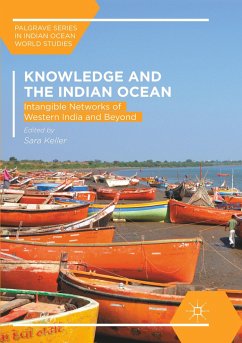
Animal Trade Histories in the Indian Ocean World

PAYBACK Punkte
53 °P sammeln!
This book examines trades in animals and animal products in the history of the Indian Ocean World (IOW). An international array of established and emerging scholars investigate how the roles of equines, ungulates, sub-ungulates, mollusks, and avians expand our understandings of commerce, human societies, and world systems. Focusing primarily on the period 1500-1900, they explore how animals and their products shaped the relationships between populations in the IOW and Europeans arriving by maritime routes. By elucidating this fundamental yet under-explored aspect of encounters and exchanges in...
This book examines trades in animals and animal products in the history of the Indian Ocean World (IOW). An international array of established and emerging scholars investigate how the roles of equines, ungulates, sub-ungulates, mollusks, and avians expand our understandings of commerce, human societies, and world systems. Focusing primarily on the period 1500-1900, they explore how animals and their products shaped the relationships between populations in the IOW and Europeans arriving by maritime routes. By elucidating this fundamental yet under-explored aspect of encounters and exchanges in the IOW, these interdisciplinary essays further our understanding of the region, the environment, and the material, political and economic history of the world.





